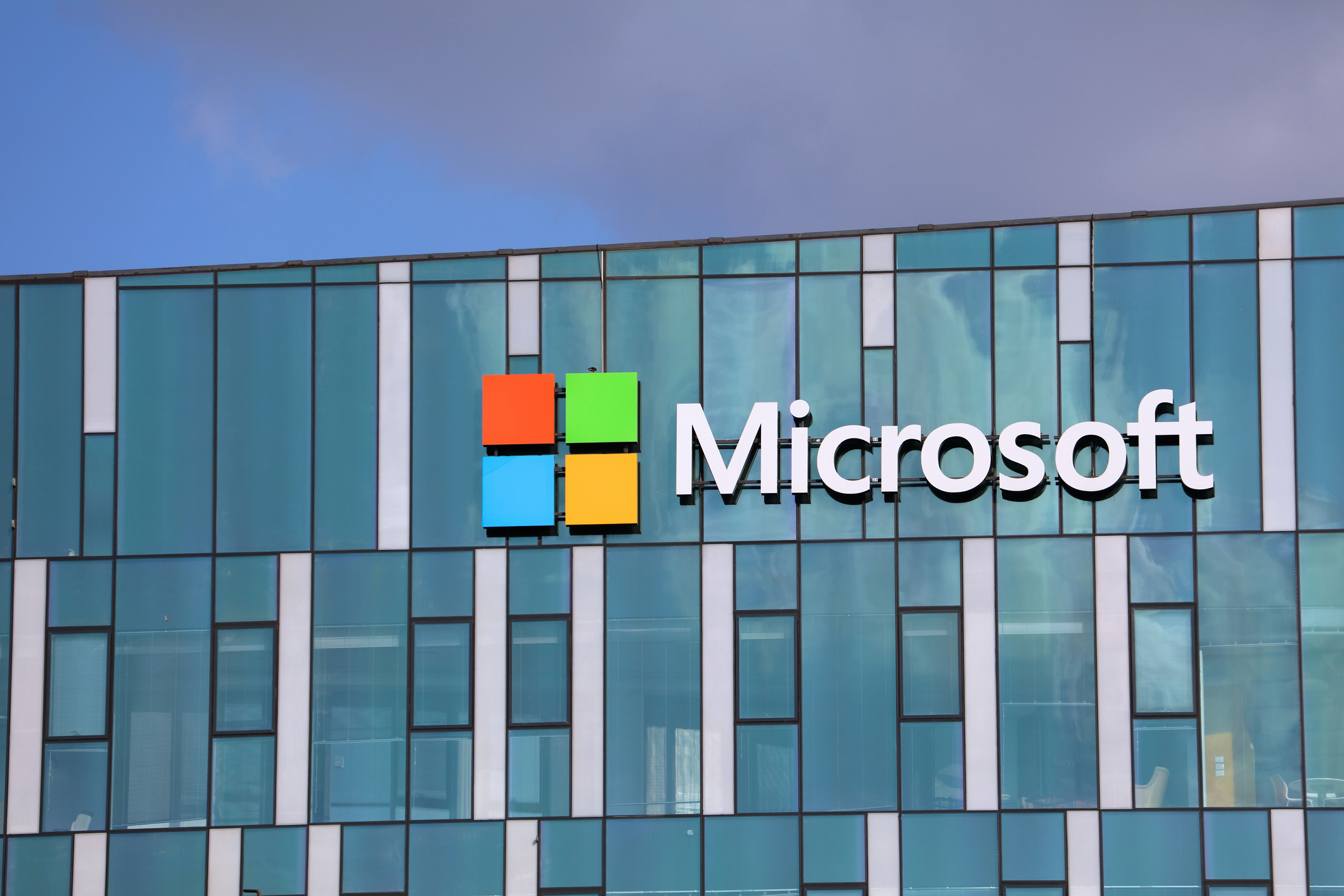As the world of cybersecurity evolves alongside advancements in quantum computing, Microsoft is taking proactive steps to future-proof user systems with Post-Quantum Cryptography (PQC) capabilities. The tech giant has announced that PQC support has been integrated into Windows 11 and Linux, allowing early adopters to begin preparing for the security challenges posed by the rise of quantum machines. This shift is part of Microsoft’s broader efforts to ensure its platforms remain secure in an age where traditional encryption methods could be rendered obsolete by the computational power of quantum computers.
What is Post-Quantum Cryptography (PQC)?
Post-Quantum Cryptography (PQC) refers to cryptographic algorithms designed to be secure against the potential threats posed by quantum computers. These quantum machines will eventually have the power to break conventional cryptographic methods, like RSA and ECC, that currently protect sensitive data. PQC is focused on creating algorithms that cannot be easily broken by quantum systems, ensuring long-term security for data encryption, key exchange, and digital signatures.
Microsoft’s Initiative to Integrate PQC into Windows 11 and Linux
Microsoft’s recent move to integrate PQC into Windows 11 and Linux systems marks an important step toward securing future computing environments. Users can now access PQC support via the Windows Insider Canary Channel Build 27852 and higher, providing an early glimpse into what the future of system security might look like. Additionally, for Linux users, PQC is available through the release of SymCrypt-OpenSSL version 1.9.0, further extending the reach of these new cryptographic capabilities.
This integration is significant as quantum computing continues to make strides, with experts forecasting its arrival within the next decade. Quantum machines hold the potential to crack current encryption methods, posing an existential threat to data security. Microsoft’s move is a preemptive measure, ensuring that its users are not left vulnerable when quantum computing becomes a reality.
Why Post-Quantum Cryptography Matters
The emergence of quantum computers has been a long-discussed topic in the cybersecurity field, with many experts warning that these machines will eventually make traditional encryption methods obsolete. Public-key cryptography algorithms, such as RSA and ECC, which are commonly used to secure sensitive data, rely on mathematical problems that quantum computers can solve much faster than classical computers. This means that sensitive data encrypted today could be at risk in the future, once quantum machines have the computational power to crack these encryption methods.
By introducing PQC, Microsoft is positioning itself to safeguard data against these threats. The transition to PQC is necessary to ensure the continued confidentiality, integrity, and authenticity of data long into the future. It’s not just about protecting against potential breaches today, but ensuring that systems remain resilient in a post-quantum world.
A Step Toward a Quantum-Safe Future
Microsoft’s PQC implementation is one of the first steps in preparing for a quantum-safe future. By offering early access to these capabilities, Microsoft is allowing organizations and users to familiarize themselves with post-quantum cryptography before quantum computers are widely available. This initiative is part of a broader industry trend where tech giants like Microsoft, Google, and others are developing and rolling out quantum-resistant encryption protocols to ensure data remains secure in the face of emerging quantum threats.
As quantum computing becomes a reality, the ability to transition to PQC will be crucial for maintaining secure communications, data storage, and transactions. Microsoft’s integration of PQC into Windows 11 and Linux provides users with a glimpse of the future and underscores the importance of adopting next-generation security measures. It’s clear that the future of cybersecurity will depend on the collaboration between industry leaders, developers, and security experts to stay ahead of quantum threats.
What’s Next for Users and Developers?
For now, the availability of PQC in early builds of Windows 11 and Linux offers a unique opportunity for developers, cybersecurity professionals, and early adopters to experiment with these new cryptographic algorithms. Over time, as the algorithms mature and become more refined, Microsoft is likely to expand PQC capabilities across its other products and services, paving the way for a more secure future. However, the transition to a quantum-safe world will require careful planning, industry collaboration, and timely implementation to ensure a smooth shift when quantum computers finally reach their full potential.
In conclusion, Microsoft’s recent update for PQC support is a critical step toward ensuring that systems remain protected as quantum computing progresses. Users and developers who begin familiarizing themselves with PQC today will be better prepared for the quantum future, keeping their data secure in an increasingly complex digital landscape.
How Can Netizen Help?
Netizen ensures that security gets built-in and not bolted-on. Providing advanced solutions to protect critical IT infrastructure such as the popular “CISO-as-a-Service” wherein companies can leverage the expertise of executive-level cybersecurity professionals without having to bear the cost of employing them full time.
We also offer compliance support, vulnerability assessments, penetration testing, and more security-related services for businesses of any size and type.
Additionally, Netizen offers an automated and affordable assessment tool that continuously scans systems, websites, applications, and networks to uncover issues. Vulnerability data is then securely analyzed and presented through an easy-to-interpret dashboard to yield actionable risk and compliance information for audiences ranging from IT professionals to executive managers.
Netizen is an ISO 27001:2013 (Information Security Management), ISO 9001:2015, and CMMI V 2.0 Level 3 certified company. We are a proud Service-Disabled Veteran-Owned Small Business that is recognized by the U.S. Department of Labor for hiring and retention of military veterans.
Questions or concerns? Feel free to reach out to us any time –
https://www.netizen.net/contact



